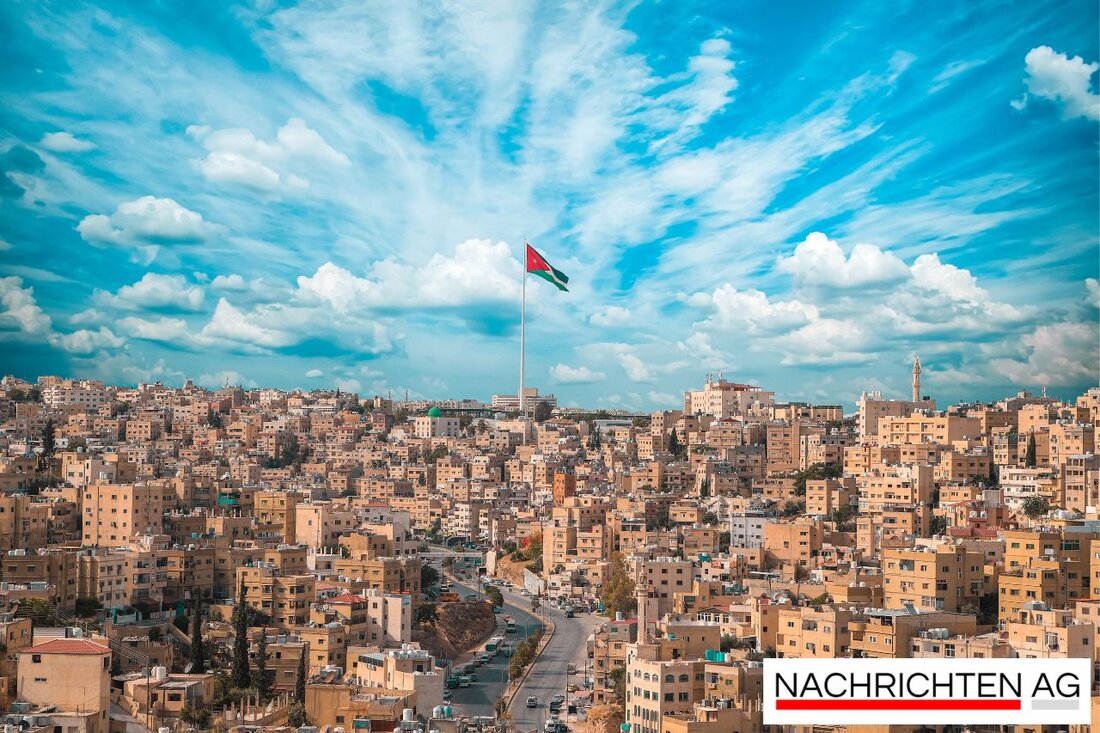UK and Allies Sanction Israeli Ministers Amidst Gaza Crisis: What's Next?

Marco Island, Florida, USA - On June 11, 2025, international tensions reached a new height as the UK, along with its allies, introduced sanctions against two controversial Israeli ministers, Itamar Ben-Gvir and Bezalel Smotrich. The measures, which include asset freezes and travel bans, have found a staunch opponent in the United States. In the midst of growing humanitarian crises in Gaza, these sanctions underscore a complicated web of international relations and human rights concerns.
Marco Rubio, U.S. Secretary of State, did not shy away from voicing his criticism regarding the UK’s decision. He stated that such sanctions undermine U.S. efforts striving for a ceasefire in the ongoing conflict. Rubio emphasized that the U.S. remains firmly in support of Israel and condemned the actions taken by the UK, Australia, Canada, New Zealand, and Norway against Ben-Gvir and Smotrich. The dual emphasis here reflects the complicated relationship and differing perspectives between the U.S. and its allies in handling Israeli policy.
A Coalition of Condemnation
The root of these sanctions lies in accusations against the ministers for inciting violence against Palestinians and committing human rights abuses. UK Foreign Secretary David Lammy laid bare the reasons behind the sanctions, describing the ministers‘ actions as “monstrous.” Members of Prime Minister Benjamin Netanyahu’s cabinet, Ben-Gvir and Smotrich have long been noted for their hard-line stances, advocating for aggressive military actions and increased Jewish settlements in contested regions.
Both ministers have been vocal about their opposition to any peace process involving a Palestinian state, which Smotrich stated directly impacts the rationale for the sanctions placed upon them. His commitment to settlement expansion resonates with certain factions within Israel but draws sharp criticism abroad.
This campaign, led by the UK, is significant. British Prime Minister Keir Starmer consulted with colleagues from allied countries, shaping a united front in sanctioning two of Israel’s most hard-line officials. The diplomatic move signals a shift in the global approach to the Israeli-Palestinian conflict, contrasting sharply with traditional support for Israel.
International Reactions and the Broader Context
Responses from Israeli officials have been swift. Gideon Sa’ar, Israel’s foreign minister, labeled the sanctions “outrageous,” suggesting that the focus should instead be on what he considers larger threats, such as Iran and Hamas. Meanwhile, Benny Gantz, an opposition figure in Israel, criticized the sanctions as a “profound moral failure,” urging that international pressure needs to be redirected to combat extremist elements in the region rather than targeting Israeli leaders.
The humanitarian situation in Gaza fuels these sanctions. Reports highlight severe shortages of aid, amplifying fears of famine among the population. As international allies pile on pressure regarding the humanitarian crisis, the actions taken against Ben-Gvir and Smotrich serve as both a response to violent rhetoric as well as an appeal for action regarding the dire conditions in Gaza.
There’s no shortage of complexities here. With major powers weighing in, notably the UK and the U.S., and troubling conditions in Gaza, it’s evident that this situation demands a delicate balance of diplomatic efforts. The stakes are high not just for Israel but for countless lives caught in the turmoil.
As the world watches, it remains to be seen how the Israeli government will respond to these sanctions and whether they will prompt a shift in national policies regarding the Palestinian territories. One thing is for certain: the repercussions of these actions will be felt well beyond the political arena.
In these challenging times, fostering dialogue and seeking pathways to peace seem more crucial than ever. The situation calls for a serious reevaluation of alliances and strategies that truly address the heart of the conflict while prioritizing humanitarian needs.
Countypress reports that the sanctions are not just political statements but carry weight in altering perceptions and realities on the ground. Meanwhile, NY Sun emphasizes the possibility that more European nations may follow suit, further tightening the international grip on Israel’s controversial policies.
As conversations around peace transpire in the high-stakes theater of international diplomacy, all eyes remain on Israel and its role in navigating its relationships with both allies and adversaries alike. A true leadership test is unfolding, one that will perhaps define the next chapter in the region’s tumultuous history.
The interplay of international politics continues to play out in real-time, reminding us that the challenges faced are inextricably linked to human lives and hopes for a better future.
| Details | |
|---|---|
| Ort | Marco Island, Florida, USA |
| Quellen | |
